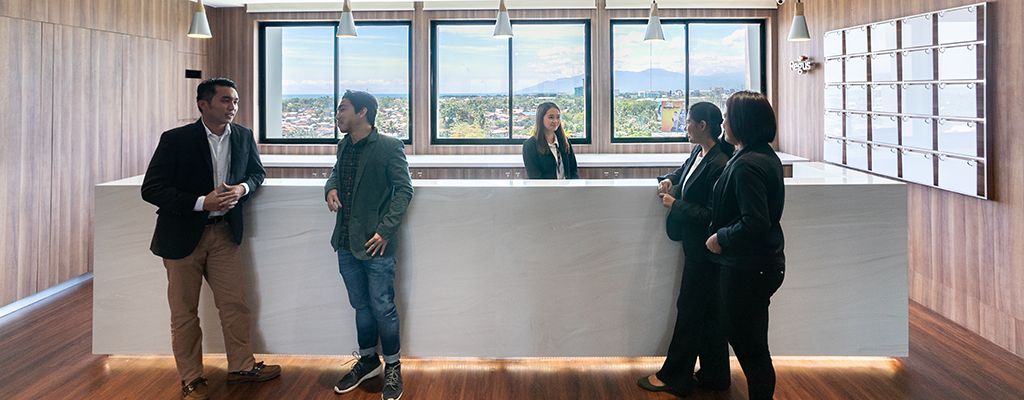
Reading time: 3 Minutes
How having a human assistant can have a major impact on the tech-heavy workplace
We live in a digital age where technology and the internet have enabled us to work remotely and collaboratively like never before. According to research by MIT, nearly 90% of managers and executives surveyed felt their industries would be disrupted by digital trends. The nature of work is changing and the modern employee is happier and more productive when they have greater choice over where and how they work.
According to a survey by communications firm Intermedia, more than one in four workers surveyed said they would not take a position at a company that didn’t offer certain tools for communicating, including a mobile phone (30%), video and conferencing services (28%) and instant messaging (27%). This drive to acquire new skilled employees has led to even more tech being introduced into the workplace, enabling modern workers to harness mobile devices, the cloud and collaborative software to perform their everyday tasks, while also being able to telecommute and incorporate the contributions of off-site freelancers.
It’s not just those everyday work tasks that tech has had a major impact on, but meetings too. Long gone are the days of having to meet face-to-face or take part in conference calls. Now, teams of staff can work elsewhere, doing everything they need remotely and from far away. Apps such as Slack make it simple for file-sharing, interacting across teams in real time, and for communications management. All of this makes collaboration easy to achieve and can really drive up productivity.
Intermedia’s research also found 75% of senior executives said their work travel had been reduced due to video-conferencing capabilities, while 59% of knowledge workers said they always preferred using video conferencing to work travel. As well as improving the experience of staff, company profits can also benefit from technology. For example, using automation to streamline everyday tasks can free up workers to be creative.
Such is the rapid advancement of tech now that even the role of assistant can be outsourced to technology, with the rise of virtual assistants. But with our ever-increasing reliance on the artificial, is it becoming more and more important to retain a human factor?
While we may rely on tech to enable us to do our jobs, there are certain things that can’t just be left to technology – such as providing a human face and voice as the first port of call for both clients and staff.
Having that friendly face front and centre at your company desk can make all the difference and offers a range of advantages. Firstly, they can help make your business more successful by answering phone calls and greeting clients with a smile, taking messages and being able to think on their feet in a way that no artificial device can do.
Trust is also a major factor in business. Being able to go about your everyday work, knowing that there’s a safety net there and that someone can act as a backstop, take your calls and messages and deal with clients when you’re not there is hugely important. It’s important to remember that the ability to anticipate your business needs is also something a machine can’t do, saving you time and helping you avoid potential pitfalls.
Humans are social creatures too. People like being around people, and enjoy that morning “hello” and the smile from a colleague. Indeed, experts think that being around other humans doesn’t just make us happier, it makes us perform our daily tasks better too.
In addition to providing everyday business assistance, meeting and greeting clients, it’s important as well to ensure staff can still meet and interact in person, avoiding the potential problems that can arise from siloed staff that never meet, never exchange information in person or simply don’t have a chance to get to know each other. Bookable meeting rooms are ideal for bringing people together and ensuring everyone stays connected and pulling in the right direction.
So whether it’s a case of providing that friendly greeting to clients or just being around to go that extra mile for staff, it’s clear that even in this revolutionary age of tech-savvy workspaces, that person providing the human touch really can be hugely important for both productivity and staff happiness.
Keep customers and staff happy, provide that human touch and find a space to meet today


